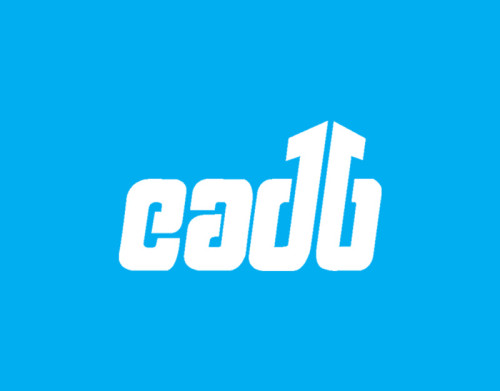EADB’s commitment to Carbon neutrality
Climate change is now recognised as one of the biggest challenges to socio-economic development. The attendant changes in weather patterns and unpredictable floods and droughts pose a challenge to planning for the member states of the Bank. Indeed, all East African countries are dependent on climate-sensitive economic sectors, such as agriculture, for output and income generation. Further, due to their low level of development, they are less resilient to negative effects of climate change.
Therefore, it is important that all development actors within the East African region promote a drive to a low carbon economy or green growth through promotion of actions for adaptation and/or mitigation of climate change. This will require promotion of climate friendly products, markets, technologies, investments, and consumption behavior.
In 2018, EADB committed to carbon neutrality: to achieve zero net carbon emissions.
We will achieve this through a two-pronged approach. Firstly, we have identified that 66% of EADB’s carbon emissions originate from electricity consumption, and therefore we will investigate ways to reduce our electricity consumption or switch to renewable energy in 2019.
Figure 1: EADB’s carbon emissions.

Secondly, all of our remaining carbon emissions will be offset by purchasing UN certified Carbon Emission Reductions (CERs). We have tried to invest in projects from all of our Member States, where available, and plan to buy CERs from the Kenya Cook Stove Project, the DelAgua Health “Tubeho Neza” Programme in Rwanda and Bujagali Hydropower Project in Uganda.
The Kenya Cook Stove Project provides provides fuel-efficient cook stoves to families throughout Kenya. These new brick stoves replace the inefficient “three stone fires” and are provide to the communities free of charge. The stoves halve the wood fuel use and on average prevents three tonnes of CO2 from being emitted each year. This carbon saving is further boosted by the reduction of local deforestation, due to the reduced demand for firewood.
The DelAgua Health “Tubeho Neza” Programme in Rwanda was initiated in 2012 by DelAgua Health, a social enterprise, and the Rwanda Ministry of Health (MOH). The programme intends to distribute 600,000 water filters and 600,000 cook stoves to the poorest 25% of families in Rwanda. Preliminary results suggest that after 2 years, Phase 1 of the programme achieved 46% reduction in diarrhoea in children under 5, 73% reduction in household air pollution for families cooking outdoors and 27.7% reduction in cook stove emission exposure among children.
The Bujagali Hydropower Project is a hydropower facility on the Victoria Nile in the Republic of Uganda. The Project consists of five 51 MW turbines (255 MW in total), which supply ±1,300 GWh per year to the local electricity grid. Upon commissioning in 2012, the Project doubled the installed power capacity in Uganda, addressing the long-term need for economical, large-scale, power generation in a country that has one of the lowest electrification rates in Africa.
